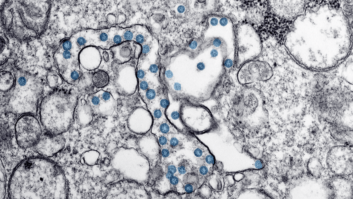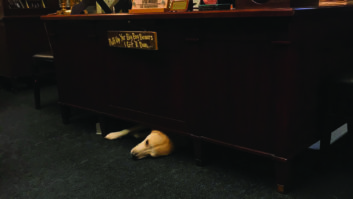More than 120 new FM CPs will be available by auction come March.
On the blog of law firm Fletcher, Heald & Hildreth, R.J. Quianzon reviewed the FCC’s Monday announcement.
“If you’ve followed the commission’s auction process, you know that there’s plenty of paperwork to get out of the way before the bid paddles start going up on March 27 and the gavel starts coming down some time later,” Quianzon wrote.
“The first step? A request for comments on proposed procedures, upfront payments and minimum opening bids.” Comments are due Oct. 7, replies 10 days later.
Of the 123 permits, 16 are leftovers from Auction 91 earlier this year and one dates from an earlier auction. Quianzon noted that proposed starting bids range from $750 to $100,000, the latter in Cloverdale, Calif.; but he added, “It only takes two determined bidders to goose the price of any permit skyward.”
“One thing to watch for this time around: the possible effect revisions to the ‘move in’ rules that kicked in earlier this year,” Quianzon continued.
“Historically, an FM auction provided an opportunity for creative folks to figure out how an up-for-grabs channel in some obscure and distant community might be leap-frogged or hop-scotched into a more populous, and thus lucrative, situation. Last spring the commission sought to slam the door on such things.” Thus, he believes, this auction will see little “post-auction jockeying of channels and communities,” and the ultimate dollar values of the channels presumably will go down.
Quianzon also said the FCC’s notice includes the usual disclaimer warning bidders that the government cannot guarantee that the spectrum at auction will actually work. “Caveat emptor is the way to go here: you don’t want to end up like the guy in Auction 37 who spent more than $4 million on a permit in scenic Pacific Junction, Iowa, only to discover that the spectrum couldn’t be used because it would interfere with nearby FAA communications.” He noted that applicant got his money back, about six years later.
Quianzon encouraged potential bidders to investigate permits thoroughly for things like site restrictions, site availability and environmental rules.
The allotments in question are here (PDF).







